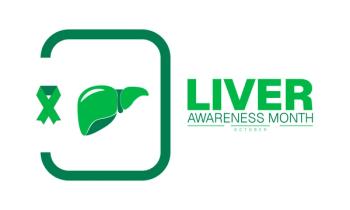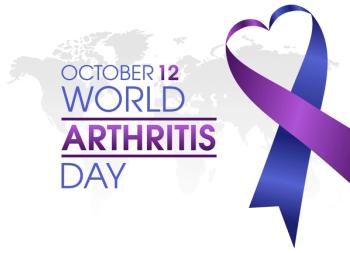
Patients save most on outpatient surgeries at in-network sites, so Xiaoxi Zhao, PhD, emphasizes that transparency could help them make better cost choices.

Brooke is an associate editor for The American Journal of Managed Care® (AJMC®). She joined AJMC in 2023, where she produces content covering multiple disease states.
She has a BA in journalism from Seton Hall University. You can connect with Brooke on LinkedIn.

Patients save most on outpatient surgeries at in-network sites, so Xiaoxi Zhao, PhD, emphasizes that transparency could help them make better cost choices.

Speakers at AMCP Nexus 2025 reviewed the oncology pipeline, highlighting expanded indications and new therapies advancing innovation, access, and value.

In-network ambulatory surgery centers are cheapest, while out-of-network hospital outpatient departments nearly double costs, says Xiaoxi Zhao, PhD.

COVID-19 vaccination before infection lowered long COVID risk in adolescents, highlighting vaccines as an effective prevention strategy.

Consistent across age, sex, and race, BMI closely mirrored body fat–based obesity in nearly all US youth with BMI-defined obesity (BDO).

Innovative payer approaches and holistic support could help expand GLP-1 use and improve obesity care outcomes, experts claimed.

PBM legislation is rising nationwide, which experts emphasize could increase costs and hinder patient care.

Experts at AMCP Nexus 2025 highlighted how real-world data can improve CAR T-cell therapy access and outcomes.

The antiretroviral (ART) regimen Biktarvy showed higher 1-year ART persistence and lower switch rates among people with HIV.

Experts discuss oncology's challenges, including treatment costs and clinician burnout, while exploring innovative solutions for equitable patient care.

In the midst of a government shutdown, former House Speaker Paul Ryan urges clear policies, AI innovation, and patient-focused solutions to build a sustainable US health care system.

Posters presented at AMCP Nexus 2025 found especially low oral HIV PrEP uptake among transgender individuals and those facing insurance challenges.

The AMCP Nexus 2025 conference will bring together professionals to discuss drug access and policy, as well as the future of pharmacy.

Liver Awareness Month raises awareness of liver disease causes, risks, symptoms, and prevention, highlighting individual actions and policy efforts.

This timeline highlights 5 key dates in September when the FDA approved treatments for cancers, dermatologic conditions, and rare diseases.

COVID-19–related work absences remain elevated post pandemic, especially in high-exposure jobs, highlighting lasting labor market impacts.

Melanie T. Turk, PhD, RN, discusses her study on nationwide challenges program suppliers face in implementing the Medicare Diabetes Prevention Program (MDPP).

Telehealth abortion requests doubled after the Dobbs decision, especially for those far from clinics or seeking care before 6 weeks of pregnancy.

Tezepelumab (Tezspire) improves symptoms, reduces surgery needs, and lowers steroid use in patients with chronic rhinosinusitis with nasal polyps (CRSwNP).

Despite advances, Arielle Kauvar, MD, calls for more research on laser and energy-based devices for patients with skin of color.

Colorblind energy devices and long-wavelength lasers are safest for darker skin, says Ariella Kauvar, MD, with a thorough patient history and physical exam key to preventing complications.

Arielle Kauvar, MD, says pre- and post-treatment care helps prevent hyperpigmentation and complications from laser procedures for all skin types, including skin of color.

Persistent racial, ethnic, and socioeconomic disparities affect the incidence and mortality of major female-specific cancers in the US.

Patients beginning their cancer journeys should advocate for themselves and use support groups to help navigate survivorship challenges.

Long COVID is most common among adults with chronic conditions, lower physical activity, and incomplete vaccination, and who live in certain US regions.

Payer contracts should incentivize the delivery of comprehensive, total-person cancer care, says Brian Mulherin, MD.

Vivek Subbiah, MD, highlights key topics at the 50th European Society for Medical Oncology (ESMO) Congress, including the rise of tumor-agnostic therapies and the use of artificial intelligence (AI) in cancer care.

Arthritis care remains fragmented and costly, with access disparities prompting calls for preventive strategies, community resources, and systemic improvements.

Many cancer survivors face ongoing physical and mental health challenges, which peer support and online resources can help address, says Brian Koffman, MDCM, DCFP, FCFP, DABFP, MSEd.

Despite systemic challenges, oncology practices use value-based care, community partnerships, and clinical trials to improve patient access and outcomes, says Brian Mulherin, MD.

259 Prospect Plains Rd, Bldg H
Cranbury, NJ 08512
© 2025 MJH Life Sciences®
All rights reserved.
